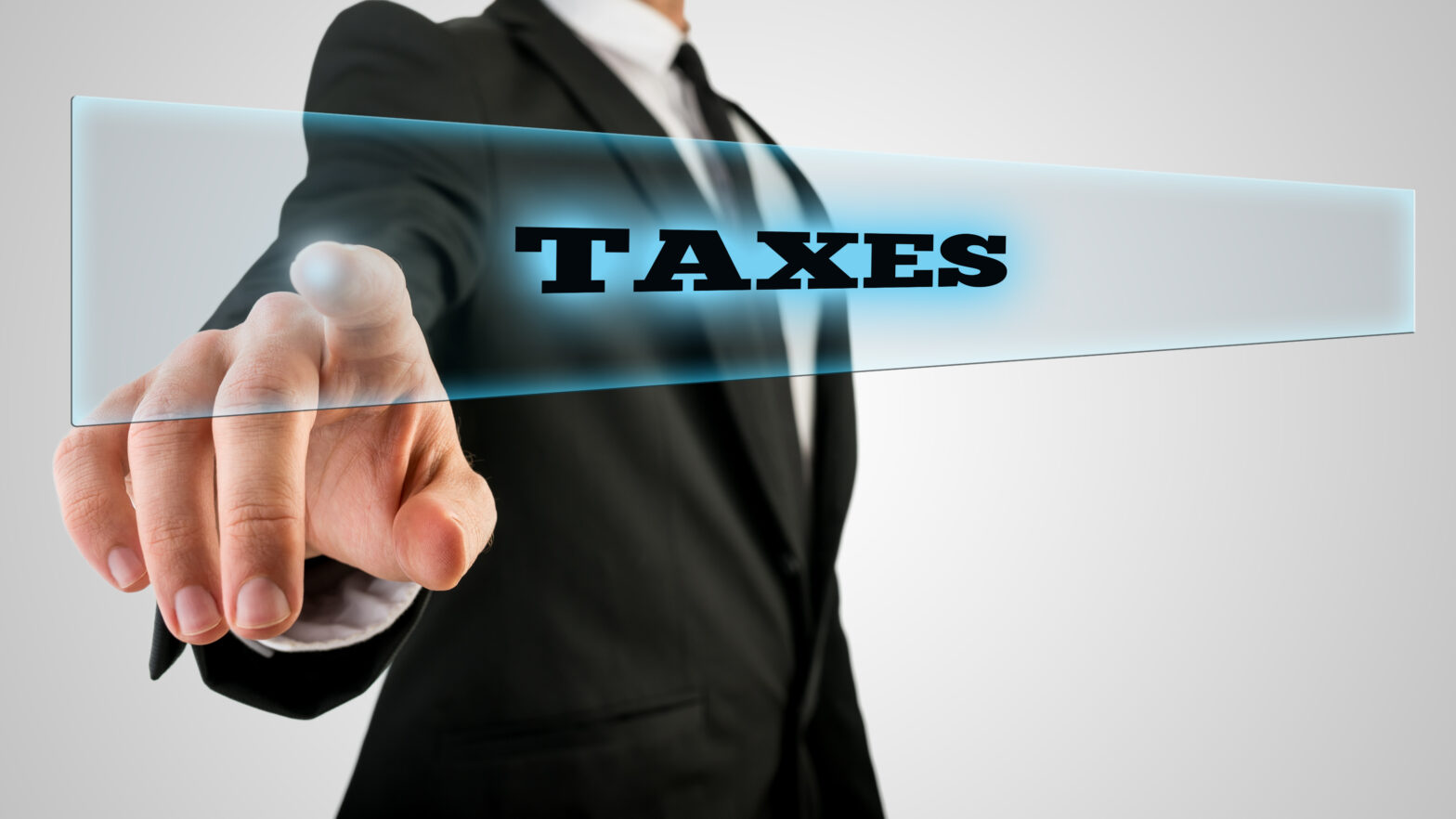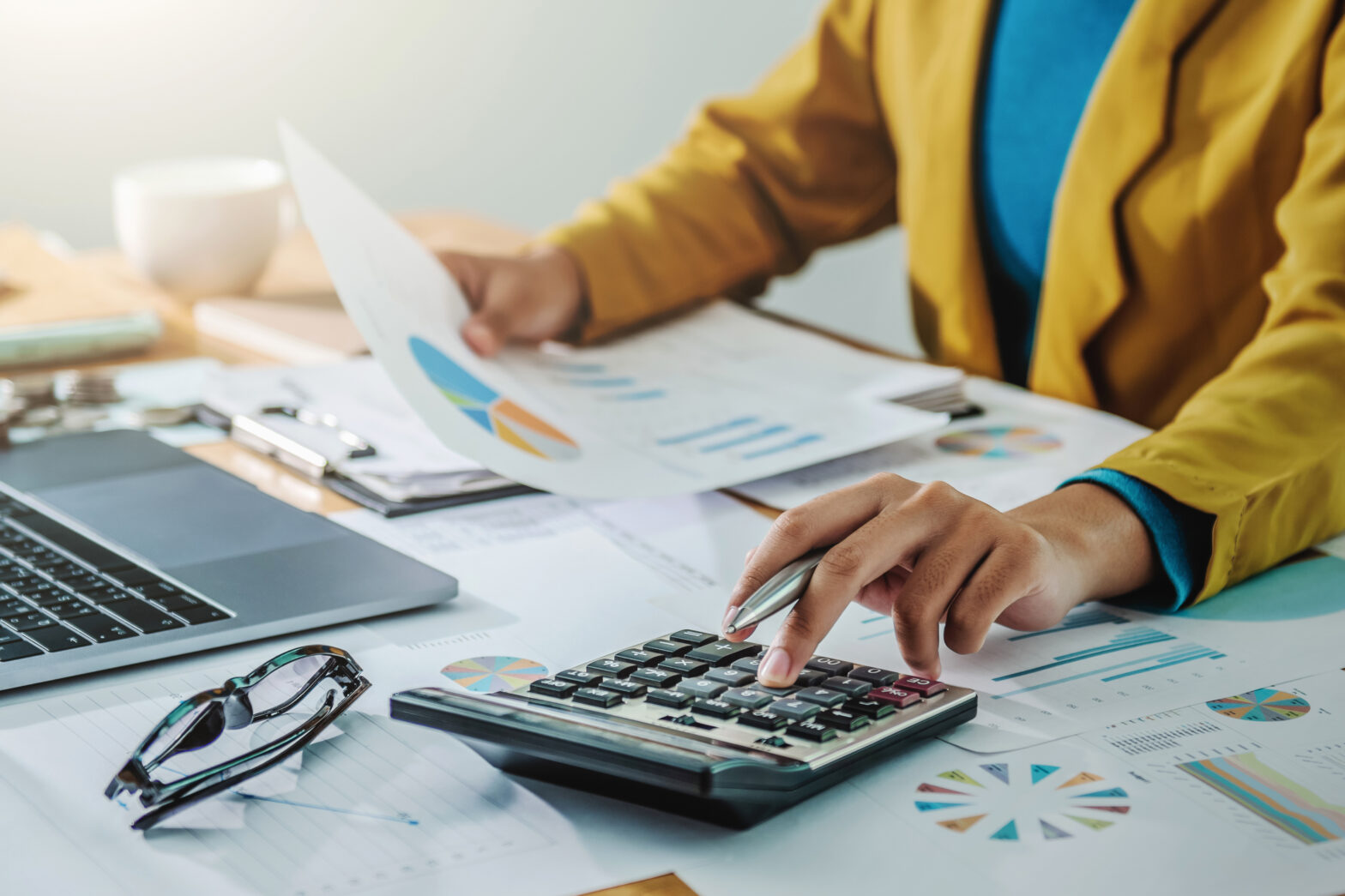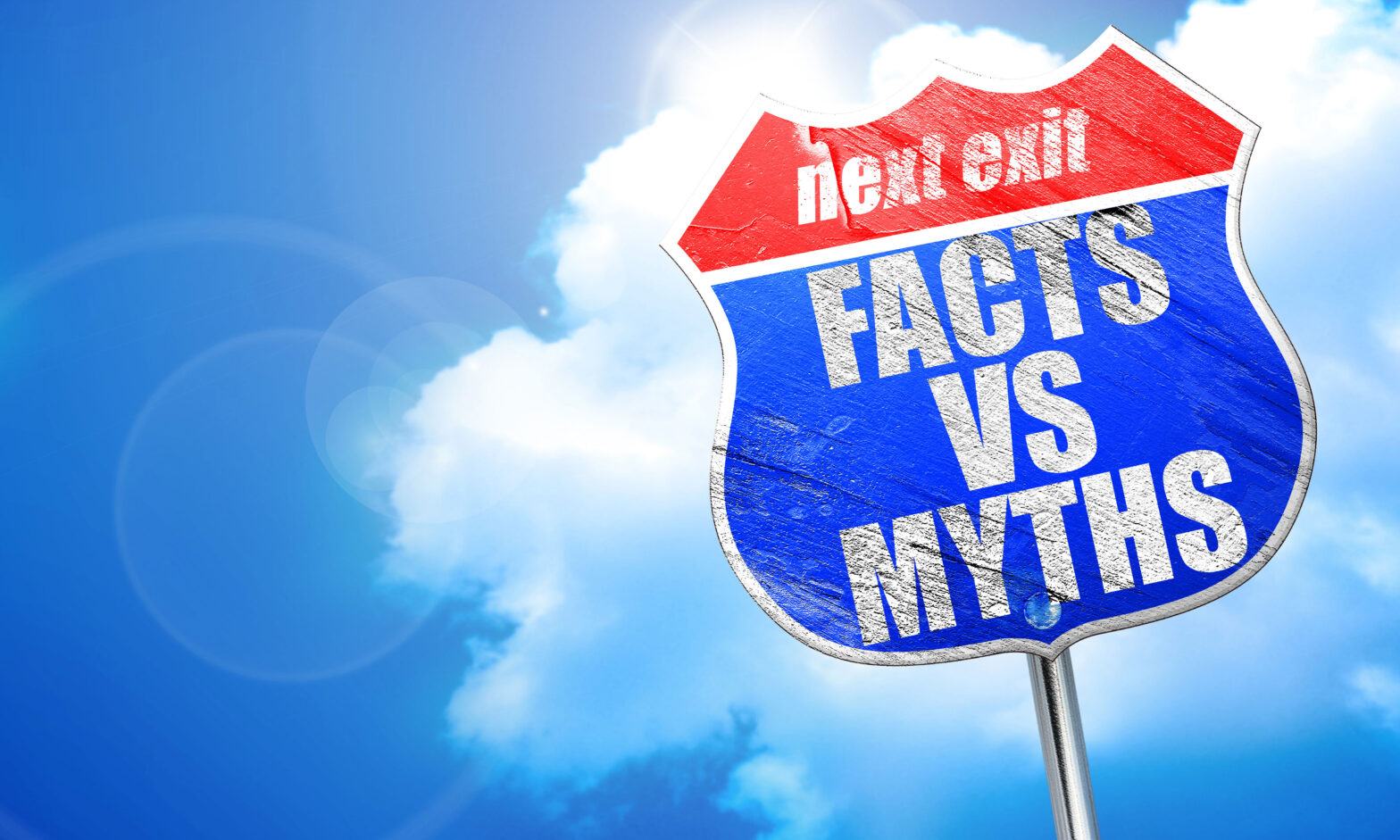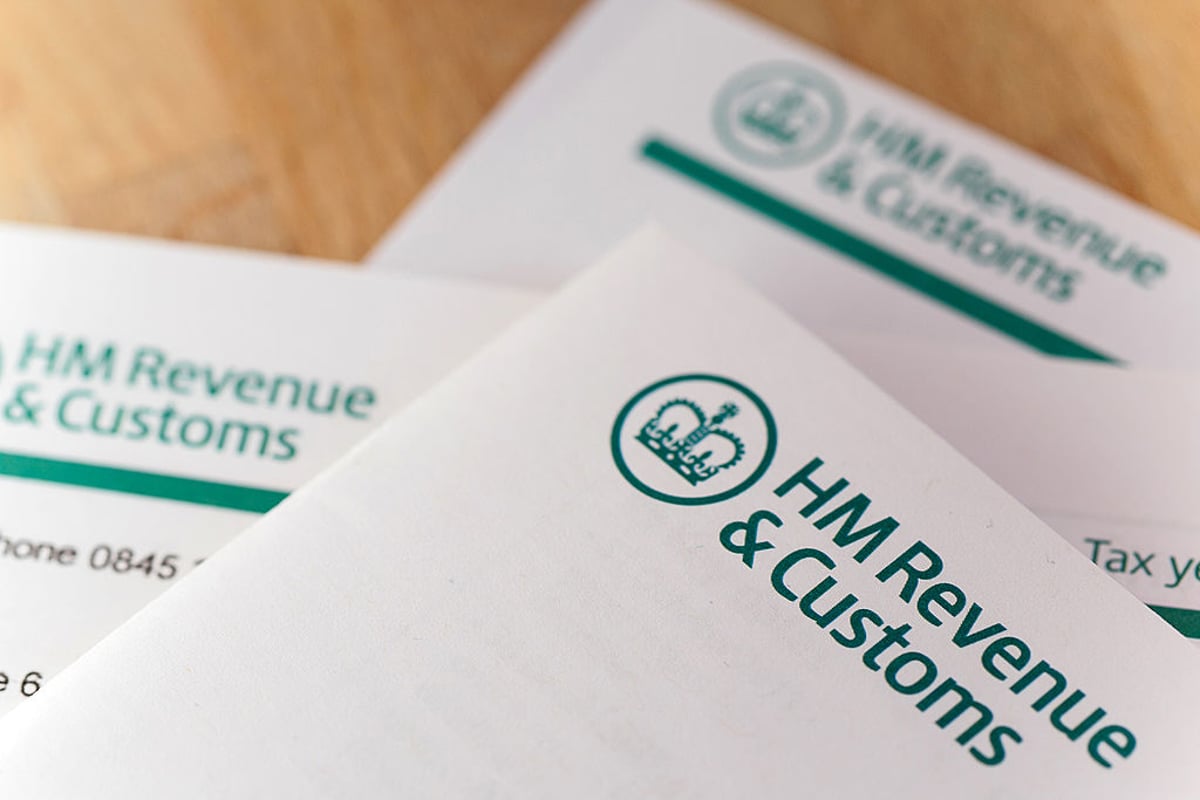The start of a new tax year is almost upon us, which means many business owners are currently gearing up to make changes that could help their business flourish in the next 12 months.
But while these short-term improvements can be incredibly valuable, it’s also a good idea to start looking at other potential issues that your business may encounter further in the future, such as the government’s impending plans to digitise tax by 2020.
The traditional tax return is ending
Making Tax Digital (MTD) is the government’s initiative to bring the UK’s tax system into the digital age. Instead of submitting a yearly tax return, most self-employed taxpayers will be obliged to update HMRC at least four times a year in ‘real time’ about their business finances through some form of digital tax software.
Business owners already have access to a digital account with HMRC and this will be at the heart of the forthcoming changes. Through their digital tax accounts they will:
- be presented with a complete picture of their business’s tax affairs and be able to manage all tax liabilities in the same place, at the same time
- submit financial information to HMRC in as close to real time as possible, preventing any overdue tax or repayments owed to them from building up
- have clarity about how much tax they owe, avoiding any surprise tax bills at the end of the year.
Some media commentators have suggested that the MTD changes will mean that businesses will have to submit ‘quarterly tax returns’. Be aware that this isn’t the case! HMRC only envisages that businesses will need to provide updates each quarter, not a complete, detailed tax return.
MTD is already underway!
Although HMRC has set a date of 2020 for when it intends for tax to be fully digitised, this doesn’t mean that businesses should be complacent and think they have plenty of time to get themselves ready. In fact, the Making Tax Digital movement is already starting.
A consultation response has been published and legislation is currently being drafted with an announcement expected before the end of the year. By April 2017 a beta for the initiative will begin and in April 2018 MTD will begin for sole traders with annual sales over the VAT threshold.
In 2019 MTD will kick in for sole traders with annual sales between the minimum MTD threshold of £10,000 and the VAT threshold. Check out FreeAgent’s Making Tax Digital guides and resources to find out more about the timescales and how businesses will be affected.
Some businesses will be exempt
Under the current proposals, HMRC has said that the UK’s smallest businesses will not have to comply with MTD. This means any business with turnover below £10,000 will be exempted and will be able to continue managing their finances as they currently do.
HMRC has also confirmed that the ‘digitally excluded’ and charities will be exempt from MTD. These are defined as those who cannot engage with digital accounting software for reasons of:
- religion
- disability
- age
- remoteness of location
- ‘any other reason’
Further information about other excluded businesses may also be made clear once the final legislation is drafted later this year.
You’ll need to prepare soon
If MTD applies to you, you’ll have to use digital tools, such as accounting software or apps, to keep records of your income and costs by April 2018 or 2019 depending on your business’s annual sales. If you use spreadsheets to manage your accounts at the moment, you’ll also have to make sure that they meet MTD’s technical requirements by the above dates, most likely by combining them with software in some way.
Although Making Tax Digital will be a big shift in the way most of the UK’s self-employed and micro-businesses manage their finances there are a lot of benefits, mainly:
- always knowing where you stand when it comes to tax with a real-time calculation of how much you owe
- having access to your business’s tax info online in a single place
- being able to plan and budget more effectively.
So you may want to use the new tax year to start exploring cloud accounting software and digital packages to find which one suits your business best. By finding a solution that you’re comfortable with – and which is specifically-designed for your type of business – you’ll be able to start managing your finances and tax digitally now, so you’re best prepared for the wider digital switchover in the years ahead.
Emily Coltman FCA is chief accountant at FreeAgent.





